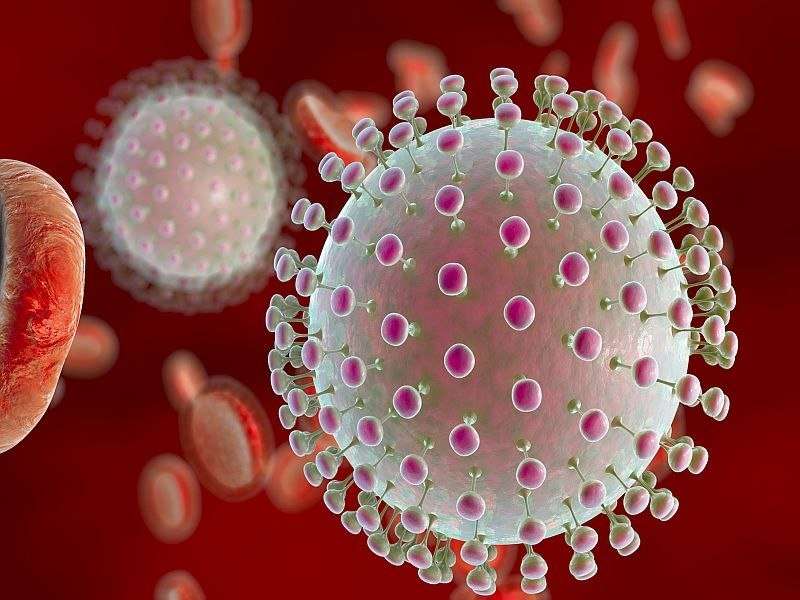Screening blood donations for Zika virus is costly, low yield

(HealthDay)—Screening blood donations for Zika virus (ZIKV) in the United States is costly with low yield, according to a study published in the May 10 issue of the New England Journal of Medicine.
Paula Saá, Ph.D. from the American Red Cross in Gaithersburg, Md., and colleagues implemented investigational screening of donated blood for ZIKV RNA with transcription-mediated amplification (TMA). Repeat TMA, TMA testing in exploratory minipools, real-time reverse-transcriptase polymerase chain reaction, immunoglobulin M (IgM) serologic testing, and red-cell TMA were performed as confirmatory testing of reactive donations.
The researchers found that 9 percent of the 4,325,889 donations that were screened were initially tested in minipools, and there were no reactive donations. Overall, 160 of the 3,932,176 donations that were subsequently tested individually were initially reactive and nine were confirmed positive. Six of the confirmed positive donations were reactive on repeat TMA; four of these were IgM negative and all three that could be tested were reactive on minipool TMA. Two of the confirmed positive donors had infections that were transmitted locally, six had travelled to ZIKV-active areas, and one had received an experimental ZIKV vaccine. The cost of identifying eight mosquito-borne ZIKV infections through individual-unit nucleic acid testing was $5.3 million per ZIKV RNA-positive donation.
"Screening of U.S. blood donations for ZIKV by individual-donation TMA was costly and had a low yield," the authors write.
The study was partially funded by Grifols Diagnostic Solutions.
More information:
Abstract/Full Text
Editorial
Copyright © 2018 HealthDay. All rights reserved.

















